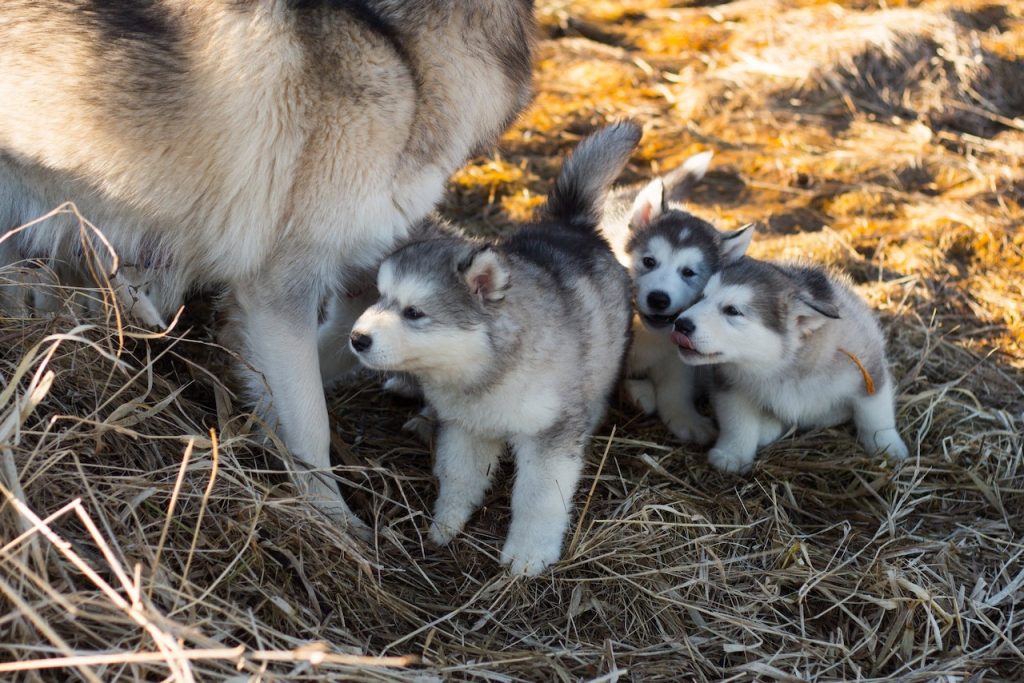MALTESE PUPPIES AND DOGS
FAST FACTS
- Breed Group: Toy
- Height: 8-10 inches
- Weight: 4-7 lbs
- Life Span: 12-15 years
MALTESE INFORMATION
MALTESE BASICS
WHERE ARE MALTESE FROM?
The Maltese are from the Mediterranean region, most likely from Malta. As seen by the frequency with which the breed appears in their literature and art, the ancient Greeks and Romans were big fans of it. However, in the US, they weren’t well-liked until the 1950s.
HOW MANY TYPES OF MALTESES ARE THERE?
Even if they exist, Tea Cup Maltese are not a recognized breed since Maltese are not supposed to weigh less than 3 pounds and are frequently plagued by health issues.
WHICH BREEDS MIX WITH MALTESES?
- Maltipoo (Maltese + Poodle)
- Malshi (Maltese + Shihtzu)
- Malchi (Maltese + Chihuahua)
- Morkie (Maltese + Yorkshire Terrier)
MALTESE LIFESPAN
Maltese live about 12-15 years.
MALTESE SIZE (HEIGHT & WEIGHT)
Small dogs, Maltese typically weigh 4–7 lbs. and are 8–10 inches tall.
MALTESE APPEARANCE
WHAT COLORS DO MALTESE COME IN?
Maltese are white, sometimes with lemon markings.
HOW MUCH DOES MALTESES SHED?
Maltese have hair instead of fur and have little to no shedding.
DO YOU NEED TO GROOM A MALTESE?
Despite its tiny, the Maltese need careful cutting since their hair grows quickly and extensively. If you choose the less-maintenance close-cropped style, you’ll need to clip your Maltese’s hair every 6 to 8 weeks; if you want the more extended-haired appearance, you’ll need to set aside hours each week for brushing. Since their hair does have a propensity to the mat, routine brushing is essential.
MALTESE TEMPERAMENT, PERSONALITY & TRAINING
HOW MUCH DO MALTESES BARK?
When left alone for a long time, Maltese often experience separation anxiety, which can show itself in barking. Maltese are most content when they are with their human partners. With the proper training and exercise, they may be trained to stop barking as frequently, just like any other dog.
IS MALTESES GOOD WITH KIDS?
Maltese are cheerful, friendly, and lively dogs, yet they are also more delicate than their self-assurance suggests. As long as they are correctly socialized, they get along well with kids, but kids need to be trained to be extremely careful with them because they are prone to head and neck injuries.
As with any breed, it is advised that your youngster always is under adult supervision when dealing with your Maltese to keep everyone safe.
ARE MALTESES GOOD FAMILY DOGS?
The Maltese enjoy being around people most of all, and he also wants physical activity, so an active household with a dog is perfect. In addition, this dog was bred specifically to be a human friend, making it the ideal family pet.
IS MALTESES GOOD WITH CATS?
Maltese are a friendly cat’s ideal bedmate since they are cautious, laid-back, and non-confrontational dogs. But, of course, each dog (and cat) has unique preferences and temperaments. Still, you may be very sure that your Maltese will get along swimmingly with your cat if appropriately acclimated to it or introduced to it at a young age.
ARE MALTESE EASY TO TRAIN?
Of all the Toy breeds, Maltese are among the most trainable. When they are young, they are straightforward to train. However, since they may quickly get spoilt due to their high intelligence and charm, a responsible owner is essential to preventing the development of a Maltese with subpar manners.
MALTESE HEALTH
DO MALTESES HAVE A LOT OF HEALTH PROBLEMS?
The Maltese breed is generally robust and healthy, but like other dogs, it nonetheless runs into several problems more frequently than other breeds.

WHAT DISEASES ARE MALTESES PRONE TO?
- Patellar luxation: This issue, sometimes known as sliding kneecaps, affects a lot of canine breeds. Small irregularities that cause the knee joint to move in and out of position are known as patellar luxation. Pain and sporadic lameness may result from this. Surgical intervention is an option for severe instances, although many dogs recover without it.
- White Dog Shaker Syndrome: White Dog Shaker Syndrome, an autoimmune condition that causes full-body tremors in dogs, is more likely to affect Maltese dogs than other breeds. Under three-year-olds typically have episodes triggered by stress or excessive enthusiasm. Your dog’s personality won’t be affected by this ailment, which is not painful.
- Portosystemic Liver Shunt: The inherited condition known as portosystemic shunt (PSS) prevents the liver from receiving proper blood flow. PSS transfers the toxins in unfiltered blood to the heart, brain, and other bodily components since the liver are in charge of cleansing the body. A few warning signs are behavioural changes, hunger loss, hypoglycemia (low blood sugar), jaundice, urinary tract issues, visual issues, and growth retardation. If PSS is not treated right away, it might be fatal. Surgery is the only long-term solution to the problem; antibiotics and dietary modifications can assist temporarily.
- Progressive Retinal Atrophy: A series of hereditary disorders (PRA) affect the retina. They are degenerative illnesses that worsen over time and eventually result in bilateral blindness. To halt PRA, there is no effective therapy.
- Others: Hypoglycemia, thyroid difficulties, a collapsed trachea, asthma, further eye concerns such as cataracts and corneal ulcers, and dental problems (it’s crucial to wash your Maltese teeth regularly). A vet could advise having the dog undergo hip, eye, and imaging testing to discover some of these problems. Many of these problems may be avoided by feeding this little breed the right food and giving their eyes and teeth extra care.
PURCHASING VS ADOPTING A MALTESE
HOW MUCH DOES A MALTESE COST?
A Maltese may be adopted for much less money than one must pay to acquire one from a breeder. To cover the costs of caring for the dog before adoption, a Maltese adoption costs about $300. In contrast, purchasing a Maltese from a breeder may be unaffordable. The price range for them often ranges from $1,000 to $4,000.
A Maltese rescue organization would be the most straightforward approach to adopting a Maltese.
MALTESE SHELTERS AND RESCUES
Maltese puppy adoption is a speciality of several animal shelters and rescue organizations.
WHERE CAN I FIND A MALTESE BREEDER?
Before you purchase a puppy from a breeder, we advise you to rescue a Maltese (or any dog). In need of homes are the millions of purebred dogs who are homeless around the nation. Adopting a Maltese may significantly alter both the adopter’s and the dog’s lives.
Getting a puppy from a reputed breeder is safer if you still  have doubts and want to buy a Maltese from a breeder. When working with a breeder, be sure that the breeder you’re buying from genetically tests their animals. You should also double-check the puppy’s health records. Finally, ensure the breeder will return any animals they sell if they cannot keep them in their home for whatever reason, and confirm that they are dedicated to finding those animals new homes if necessary.
have doubts and want to buy a Maltese from a breeder. When working with a breeder, be sure that the breeder you’re buying from genetically tests their animals. You should also double-check the puppy’s health records. Finally, ensure the breeder will return any animals they sell if they cannot keep them in their home for whatever reason, and confirm that they are dedicated to finding those animals new homes if necessary.






